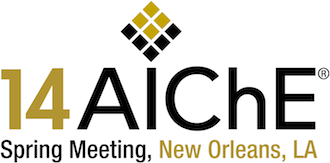

For process developers, the commercialization of new process technology in the Hydrocarbon Processing Industries (HPI) is a difficult and almost insurmountable task. The significant investment and operating risks inherent in the large-scale demonstration of unproven capital-intensive HPI process technologies, coupled with the industry-wide technology maturity that too often sees only incremental improvements, makes commercial demonstration a struggle that can take decades to accomplish.
The following selective list of technology commercialization initiatives have been undertaken over the past three decades for the HPI:
1. Direct Propylene Oxide by Evonik / Uhde
2. Non-Phosgene Polycarbonates by Asahi Kasei
3. Zeolite-based Cumene by Badger
4. “On-Purpose” Propylene by UOP, Sud Chemie and Lummus
5. Catalytic Distillation Hydrogenation by CDTECH
6. Solid Acid Catalyst Gasoline Alkylation by Albemarle/Lummus/Neste
7. Cyclar Aromatics from LPG by UOP
8. Gas-to-Liquids by Shell
This presentation reviews the case histories of these technology commercialization efforts, and suggests strategies for avoiding pitfalls and increasing the chances of commercial success for future developments. Each example is summarized as to key facts and features surrounding the technology development and commercial introduction along with an assessment of its commercialization path. It also addresses the impact on the HPI of a failure to quickly adopt new advances in process technology resulting in reduced profitability, loss of international competitiveness, failure to enter new markets and the overall diminished efficiency of a critical sector of most developed and developing nations’ economies.
